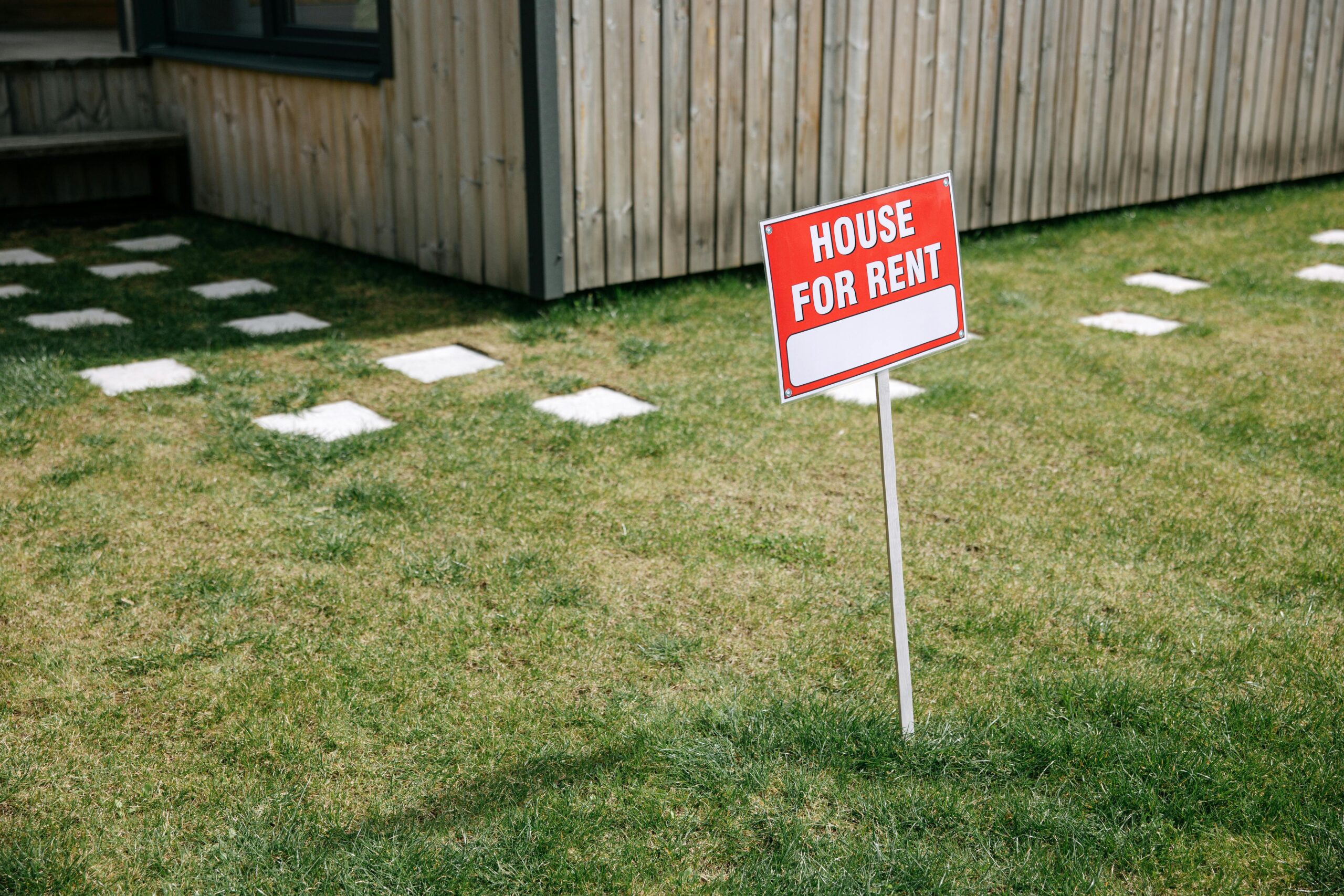
Here are some straightforward and professional reasons to allow pets in your rental property in New Zealand:
- Broader Tenant Base: Allowing pets significantly expands your pool of potential tenants. Many renters are pet owners and prefer to live in pet-friendly homes, making your property more attractive to a wider audience.
- Longer Tenancies: Pet owners often seek stability and are likely to stay longer in a rental property. This can reduce turnover rates and vacancy periods, providing you with more consistent rental income.
- Increased Rental Income: You can charge a pet deposit or a higher rent for pet-friendly properties. This additional income can help offset potential pet-related damages and contribute to your overall profitability.
- Positive Community Atmosphere: Allowing pets can foster a sense of community among tenants, as pet owners may connect and build relationships over their shared love for animals. This can enhance tenant satisfaction and loyalty.
Here are three key steps to prepare your rental property for allowing pets:
- Establish a Clear Pet Policy: Create a detailed pet policy that specifies what types of pets are allowed, any breed restrictions, and the maximum number of pets. Include guidelines for pet deposits or fees to cover potential damages.
- Modify the Property for Safety and Durability: Inspect the property for any hazards and make necessary adjustments. Choose durable flooring that can withstand wear and tear from pets, and, if applicable, ensure outdoor areas are securely fenced.
- Communicate and Set Expectations: Require tenants to provide pet references, including vaccination records and behavior history. Maintain open communication with tenants regarding pet care and any potential issues, and schedule regular inspections to ensure the property remains in good condition




